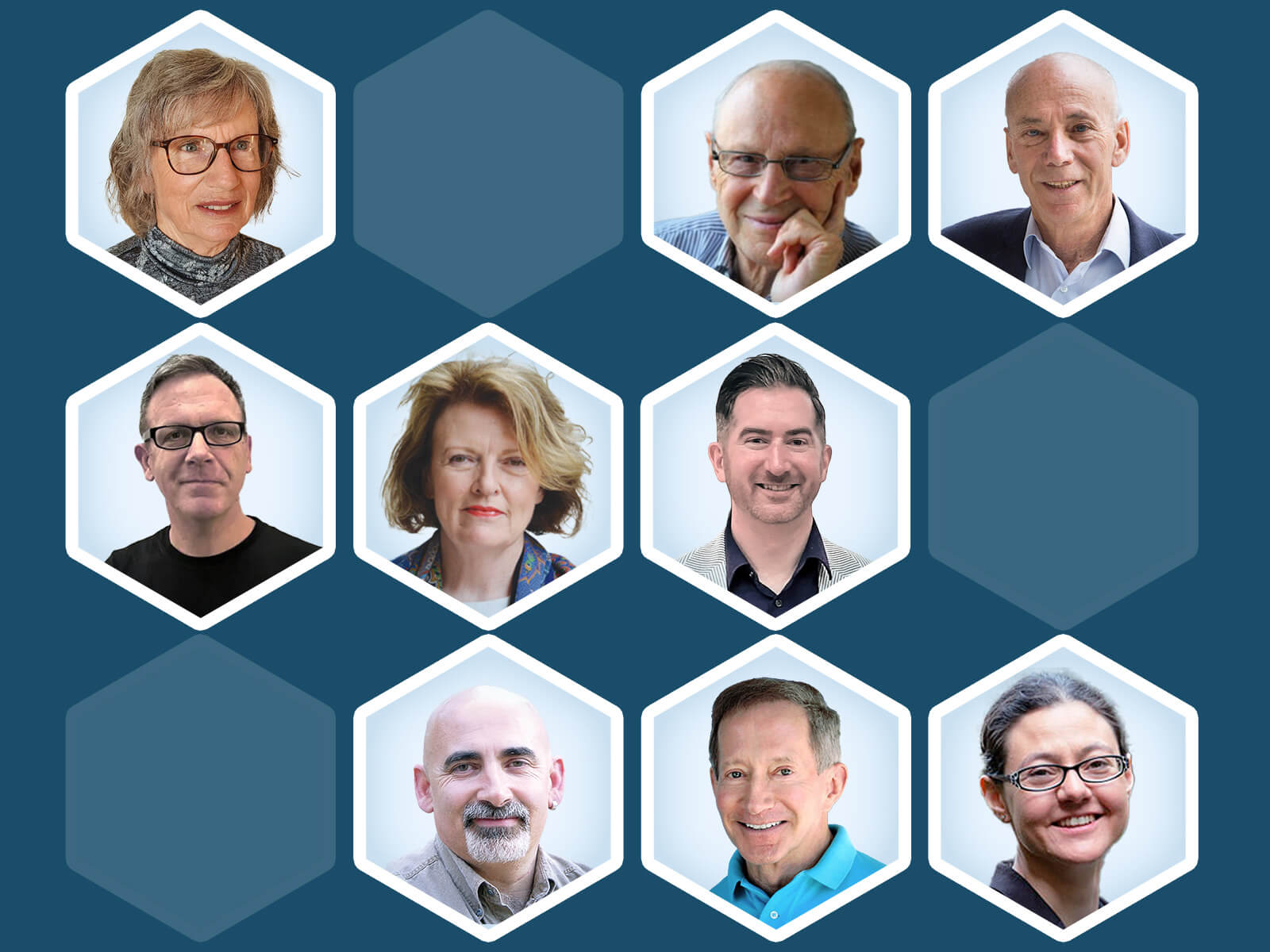
Research-Informed School and System Improvement
La Salle Education welcomes you to a series of evening webinars that consider improvement in the context of the organisations tasked with its delivery.
Raising standards across a Multi-Academy Trust, local authority or group of schools is best achieved through the practical application of the findings of high quality research.
We are honoured to be able to bring you a subject-agnostic series of research-centred discussions, led by some of the most insightful and experienced educators in the world.
Attending to the theme of Research-Informed School and System Improvement, our featured speakers include Dr. Thomas Guskey, Mary Myatt, Professor Dylan Wiliam, Professor Helen Timperley, Dr. E. D. Hirsch, Bruce Robertson, Tom Sherrington, Daisy Christodoulou, and Professor Paul Kirschner.
Register below to secure your spot at upcoming webinars.
Follow @LaSalleEd to stay informed of the opening of registration for webinars later in the series, and to learn of additional events as they are added.
Upcoming Webinars
Previous Webinars
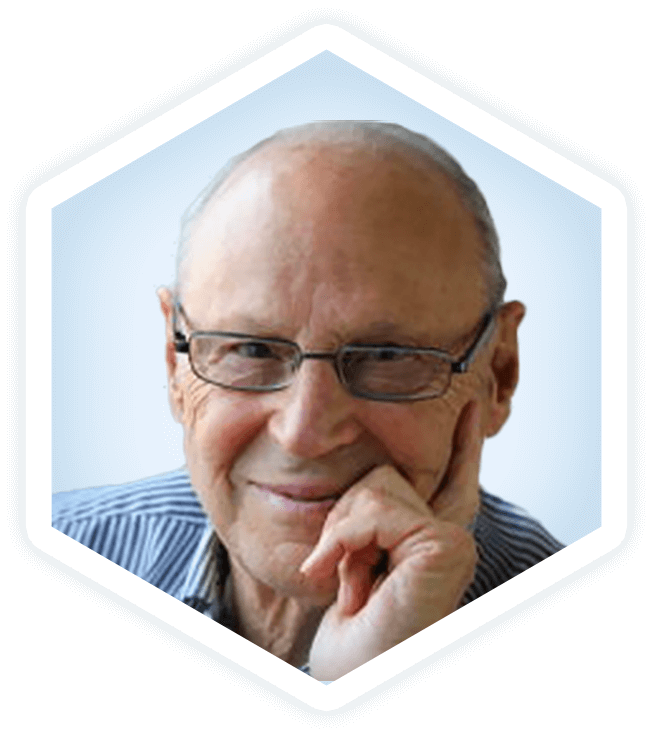
Dr. E. D. Hirsch Jr.
"Shared Knowledge and the Ratchet Effect"
This research led Dr. Hirsch to develop his concept of cultural literacy—the idea that reading comprehension requires not just formal decoding skills but also wide-ranging background knowledge. In 1986 he founded the Core Knowledge Foundation. A year later he published Cultural Literacy: What Every American Needs to Know. His subsequent books include The Schools We Need, The Knowledge Deficit, The Making of Americans, How to Educate a Citizen: The Power of Shared Knowledge to Unify a Nation, American Ethnicity and Shared Knowledge.
- Tuesday 14th May
- 7:00pm BST
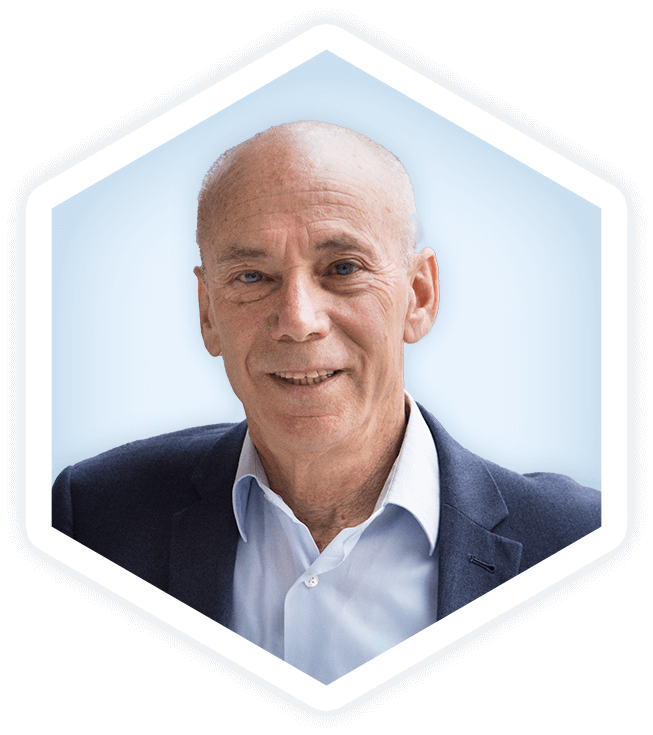
Professor Paul Kirschner
"Remembering longer = forgetting more slowly"
He is an internationally recognized expert on how we learn and how we can make learning and teaching more effective. Efficient, and satisfying. A few notable examples of his expertise are his presidency of the International Society for the Learning Sciences and his status as fellow at that society and research fellow at both the American Educational Research Association and the Netherland Institute for Advanced Studies in the Social Sciences and Humanities. He was also a member of the Scientific Technical Council of the Foundation for University Computing Facilities (SURF WTR) as well as of the Dutch Educational Council (Onderwijsraad) where he was advisor to the minister of education.
He has published more than 400 scientific articles as well as hundreds of popular scientific articles and blogs for teachers and school administrators in both English and Dutch. He has also had successfully supervised 45 PhDs. He is (co)author of a number of very successful books, including How Learning Happens: Seminal Works in Educational Psychology and What They Mean in Practice (#10 in the top 100 Best Education Books of All Time, Book Authority), How Teaching Happens: Seminal Works in Teaching and Teacher Effectiveness and What They Mean in Practice, Evidence Informed Learning Design, Ten Steps to Complex Learning (now in its third revised edition and translated/published in Korea and China) and two volumes of Urban Legends about Learning and Education (also in Dutch, Swedish, and Chinese). He is also editor-in-chief of the Journal of Computer Assisted Learning and commissioning editor of Computers in Human Behavior.
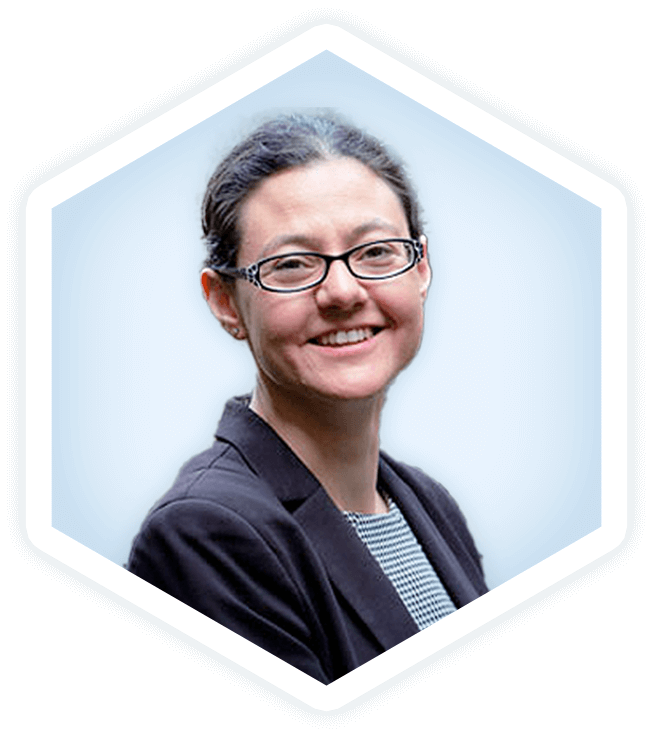
Daisy Christodoulou
"Using formative and summative data effectively"
This session will look at the difference between formative and summative assessment and at more or less effective methods of assessing.
It will explain why exam mark schemes are less effective and then review the evidence for multiple-choice questions, scaled scores and Comparative Judgement.
Finally, it will explore different practical approaches to data collection and analysis.
Before joining No More Marking, she was Head of Assessment at Ark Schools, a group of academy schools in the UK, and before that, she was a secondary English teacher in London.
She has written three books about education, Seven Myths about Education, Making Good Progress, and Teachers vs Tech.
You can find out more about Daisy's work on her website and by following her on X @daisychristo

Tom Sherrington
"Making things simpler: the power of a simplified learning model and a small set of core practices"
Through his consultancy – teacherhead consulting – he works with teachers and school leaders to explore and implement contemporary educational ideas that help deliver an excellent all-round education for all young people.
He regularly contributes to conferences and CPD sessions and works with schools and colleges across the country and around the world.
In May 2014, he published his first book, Teach Now! Science. The Joy of Teaching Science and in October 2017, he published The Learning Rainforest: Great teaching in real classroom.
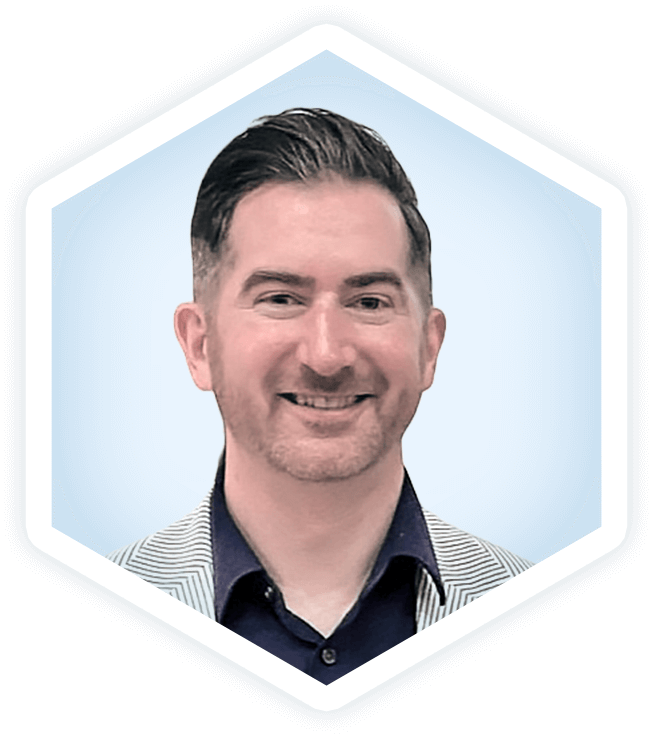
Bruce Robertson
"Teaching-centred Leadership"
He is also the author of 'The Teaching Delusion' trilogy and ‘Power Up Your Pedagogy: The Illustrated Handbook of Teaching’, published by John Catt Educational. Of Power Up Your Pedagogy, Professor Rob Coe of Evidence Based Education says: ‘To all teachers I would say: study this book, learn from it and act on it’.
Bruce has been working in education for over 20 years, having training as a chemistry teacher at The University of Edinburgh in 2002.
He is passionate about pedagogy, curriculum and school leadership. Bruce’s leadership of Berwickshire High School has been instrumental in turning around a school that was rated ‘weak’ and unsatisfactory’ in an HMIE inspection to one that is now widely recognised as sector-leading in its approaches to teaching & learning improvement, ethos, and staff professional development.
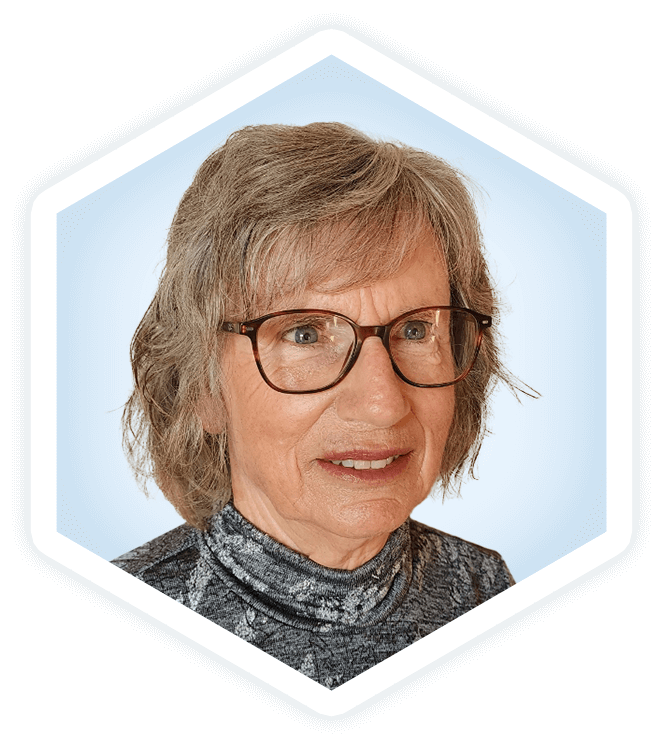
Professor Helen Timperley
"Leading Schools and Systems with Adaptive Expertise"
This webinar addresses issues around leading schools and groups of schools in increasingly complex educational environments. Covid was the disruptor, but all the issues that became so evident were emerging long before and have not gone away. Student disengagement, overworked staff, stressed leaders are all adding up to ‘more’ – more behaviour problems, more wellbeing issues, more diversity.
Her extensive research experience has focused on how to promote professional and leadership learning in schools in ways that make a difference to outcomes for those student learners who are currently underserved by the system.
She has numerous research articles in both these areas published in international journals, has spoken at a range of invited seminars and undertaken consultancies in Europe, Canada and Australia.
She has written six books on her specialty research areas with many translated into a range of languages. Most of her published and consultancy work has focused on school and system change through professional learning, professional conversations with impact and evaluative thinking in educational innovation.
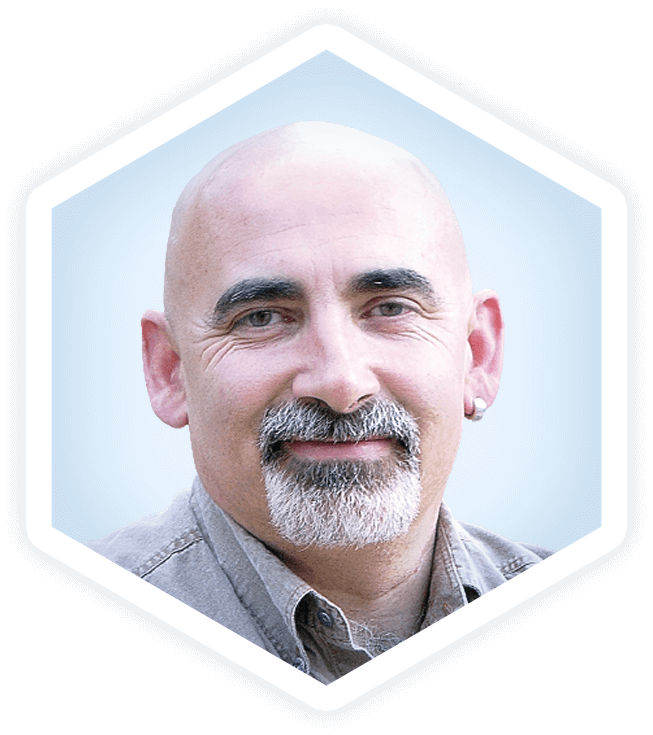
Professor Dylan Wiliam
"Using research to focus school improvement"
After a first degree in mathematics and physics, and one year teaching in a private school, he taught in inner-city schools in London for seven years.
In 1984 he joined Chelsea College, UCL Institute of Education, which later merged with King's College London. From 1996 to 2001 he was the Dean of the School of Education at King’s, and from 2001 to 2003, Assistant Principal of the College. In 2003 he moved to the USA, as Senior Research Director at the Educational Testing Service in Princeton, NJ. From 2006 to 2010 he was Deputy Director of the Institute of Education, University of London.
Over the last 15 years, his academic work has focused on the use of assessment to support learning (sometimes called formative assessment). He now works with groups of teachers all over the world on developing formative assessment practices.
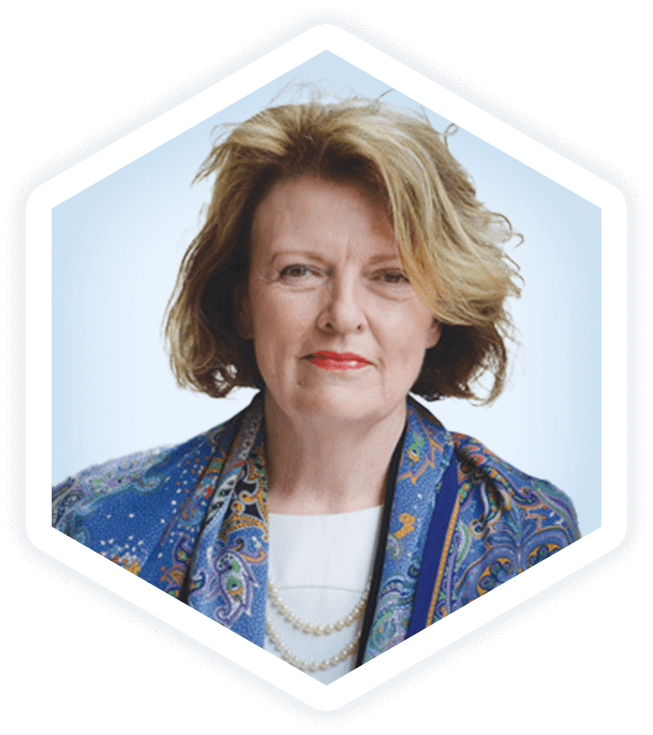
Mary Myatt
"Extraordinary results from ‘Faster Reading’"
Mary has written extensively about leadership, school improvement and the curriculum: Her current work focuses on the Huh Curriculum series for primary, secondary and SEND alongside the Huh Academy with John Tomsett.
She has established Myatt & Co an online platform with films for ongoing professional development including the popular Primary Subject Networks and Secondary Subject Networks.
Mary is a patron of CAPE, has been a governor in three schools, and a trustee for a Multi Academy Trust. She maintains that there are no quick fixes and that great outcomes for pupils are not achieved through tick boxes.
www.marymyatt.com X: @MaryMyatt

Professor Thomas Guskey
“Mastery Learning and its deployment across School Groups.”
Contact him by email at